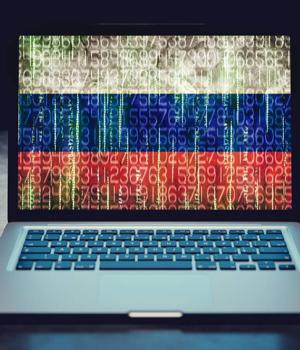Security News > 2023 > January > Russian meddling in 2016 US presidential election was weak sauce

Russian disinformation didn't materially affect the way people voted in the 2016 US presidential election, according to a research study published on Monday, though that doesn't make the effect totally inconsequential.
Boffins from New York University, University of Copenhagen, Trinity College Dublin, and Technical University of Munich analyzed more than 700,000 social media posts in April and in October 2016 from Twitter accounts associated with the Internet Research Agency, a Russian influence operation.
A 2017 report [PDF] from the Office of the US Director of National Intelligence found that "Russian President Vladimir Putin ordered an influence campaign in 2016 aimed at the US presidential election, the consistent goals of which were to undermine public faith in the US democratic process, denigrate Secretary Clinton, and harm her electability and potential presidency."
What's more, the researchers found that the Russian influence campaign was drowned out by domestic news and political content in the US. The researchers report that respondents, on average, saw about four posts from Russian foreign influence accounts per day during the last month of the election campaign, compared to 106 posts per day on average from national news media and to 35 posts per day from US politicians.
"[W]e find no evidence of a meaningful relationship between exposure to the Russian foreign influence campaign and changes in attitudes, polarization, or voting behavior," the paper says.
That said, the group concludes that while there's no evidence that exposure to social media posts from Russian influence accounts changed the way people voted in 2016, foreign meddling can have second-order effects by provoking a domestic reaction.
News URL
https://go.theregister.com/feed/www.theregister.com/2023/01/10/russian_election_meddling_us/